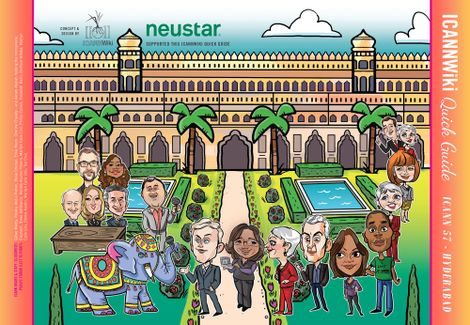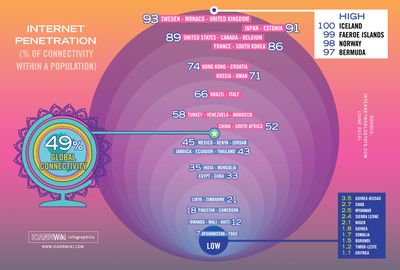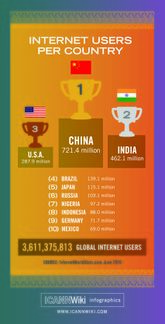Difference between revisions of "ICANN 57 Quickie"
| Line 86: | Line 86: | ||
</div> | </div> | ||
| − | ==References== | + | ===References=== |
Revision as of 00:56, 21 March 2017
Thanks for picking up the third edition of the ICANNWiki Quickie, an indispensable guide to ICANN57 in Hyderabad, India. Like ICANNWiki, this guide was built from the bottom-up. For instance, insteading of adding to the abundance of literature available on the IANA Transition, we decided to reach out directly to different stakeholders across the globe to get their thoughts on the transition. That is just one great example of how we approach the Quickie--we share what we know, learn from each other and move forward as one toward a meaningful and productive meeting.
Inside you’ll find an explanation of the many acronyms found in ICANN, primers of relevant topics, a new guide to visual editing on the wiki, fantastic infographics and much more!
ICANN 58 - Quickie -- DOWNLOAD .PDF
Infographics
Ever since ICANN55 in Marrakech, ICANNWiki has been visually representing data sets with our exciting new infographics. Our latest batch analyzes global internet connectivity trends, and includes a subtle focus on India. Click here to see more ICANNWiki Infographics.
IANA Transition
There is an abundance of amazing content available surrounding the IANA Transition, and rightfully so. It has been a primary focal point of the community for the past two years. It was great to see the community taking the initiative to educate the world about the importance of the transition, especially when things became increasingly contentious.
In the ICANNWiki Quickie, we’ve decided to take a different approach. We wanted to focus on people from the global community who will benefit from transition, and let them tell the story.
IANA Transition: A Milestone Worth Celebrating
By Donna Austin - Policy and Industry Affairs Manager, Neustar
The announcement[1] that the transition of IANA functions to ICANN would indeed go ahead as planned resulted in a virtual round of congratulatory messages along with an almost audible collective sigh of relief from the global Internet community.
Since March 2014 the ICANN community, Board and the organization, has been consumed by activities associated with the transition. Countless parties from around the world have worked tirelessly to establish the necessary processes, bodies and measures required to ensure this transition could take place.
As Lawrence Strickling explained in his testimony[2] to the Senate hearing on Protecting Internet Freedom, reaching this milestone involved “more than 26,000 working hours” developing the IANA Stewardship Transition Proposal, “more than 33,000 messages on mailing lists” and “more than 600 meetings and calls”. The sheer magnitude of these numbers alone indicate the significance of this event and this work cannot go without congratulations and thanks.
On a personal note, I am grateful to have been a part Cross Community Working Group on IANA Transition, representing the Registry Stakeholder Group, that was responsible for developing the IANA Transition Proposal; and equally grateful that after more than two years of hard work our product was considered acceptable by the US Government. My colleague, Becky Burr, was also closely involved in the CCWG on Accountability, whose work was an integral component of the path to transition.
I extend my congratulations to all those in the global Internet community who have helped reach this significant milestone. This is just the beginning of an equally challenging and exciting task ahead, but it is certainly an achievement of which our entire community should be proud and testament to the multistakeholder model upon which ICANN was founded.
IANA Ironies
By Steve Crocker - Chair, ICANN Board of Directors
"No one expected addressing and naming to be either difficult or contentious. Close to fifty years ago, when the early network visionaries focused on transforming computer-to-computer communication and opening up an untold range of applications, no one paid any attention to the “minor” details of addressing and naming. As the Internet exploded in the 1990s. the naming system had become a very big deal. The small and fairly informal process Jon Postel had been carrying out on behalf of the community needed a more formal structure. ICANN was born in late 1998 with the explicit task of housing the IANA function. The U.S. Government intended to oversee ICANN’s execution of the IANA just temporarily. “Temporarily” was estimated to be about two years. Eighteen years later, the U.S. Government has finally stepped back from its role of overseeing ICANN. We – and by “we” I mean the entire global Internet community – are now in charge of the system. It is both nothing and everything. Internet users saw no change in the operation of the Internet when the IANA contract came to an end. On the other hand, we have now embarked on a whole new phase in governance of identifier system of the Internet. I think we’re in very good shape, but I wonder what our successors say 20 and 50 years from now."
Personal Testimonials
"The last day of October 2016 marked a date which the Global South watched with great expectation. I was in LACNIC 26/LACNOG 16 for my first time. One of the greatest events of internet governance in the region, further energized by the announcement of this date: the official date when the IANA contract with the US government ended. This was the moment when ICANN became in control of the “Internet’s address book”.
Up until the last minute of confirmation of the transition, LACNIC joined over 200 people in a hotel auditorium in Costa Rica. At this yearly meeting, technical and economical themes about the internet market are discussed. But that week, something seemed very different. The IANA transition was in everyone’s mind. The new team for IANA ended the day with a round of applause and celebration. The internet belongs to all and the excitement to have this guaranteed was in everyone’s mind. So next steps do predict a lot of work but collaborative work, as our collective richness of knowledge online should have.""The IANA transition event means nothing: it’s what we now do with it that counts.
History is replete with independence movements that culminated in disarray. To succeed, hard-won independence must be followed with responsible and disciplined actions. Actions that reflect the very values that fueled the independence movement in the first place.
Throughout this long and difficult process, the ICANN community showed its resilience and unequivocal readiness to take charge of its new weighty responsibilities. I have no doubt that our community will rise to the challenge of implementing the operational and accountability frameworks we all designed together. The eyes of the broader global community are monitoring our progress: failure will impact much more than the ICANN community, strengthening those who believe in top-down governance for the digital space and beyond.
Watching ICANN soar to the necessary heights of responsibility, accountability, and inclusivity will mean the most to me and to everyone who longs to see transnational governance working."References
- ↑ Testimony of Assistant Secretary Strickling on Protecting Internet Freedom: Implications of Ending U.S. Oversight of the Internet - Stewardship of IANA Functions Transitions to Global Internet Community as Contract with U.S. Government Ends, ICANN.org.
- ↑ Testimony of Assistant Secretary Strickling on Protecting Internet Freedom: Implications of Ending U.S. Oversight of the Internet, NTIA.doc.gov.



